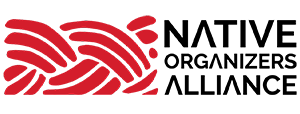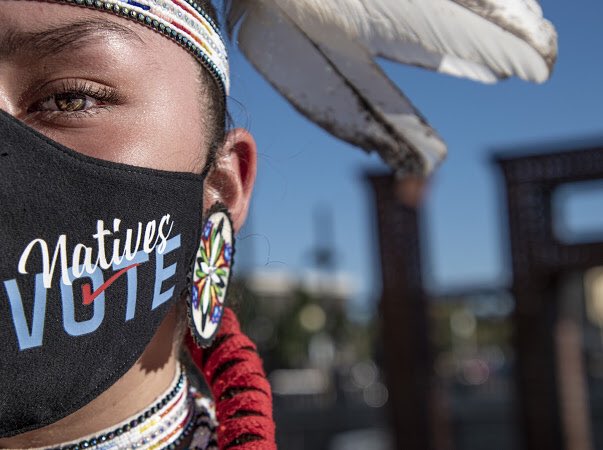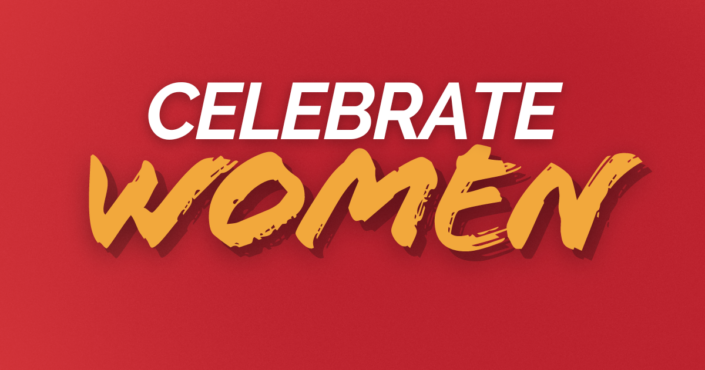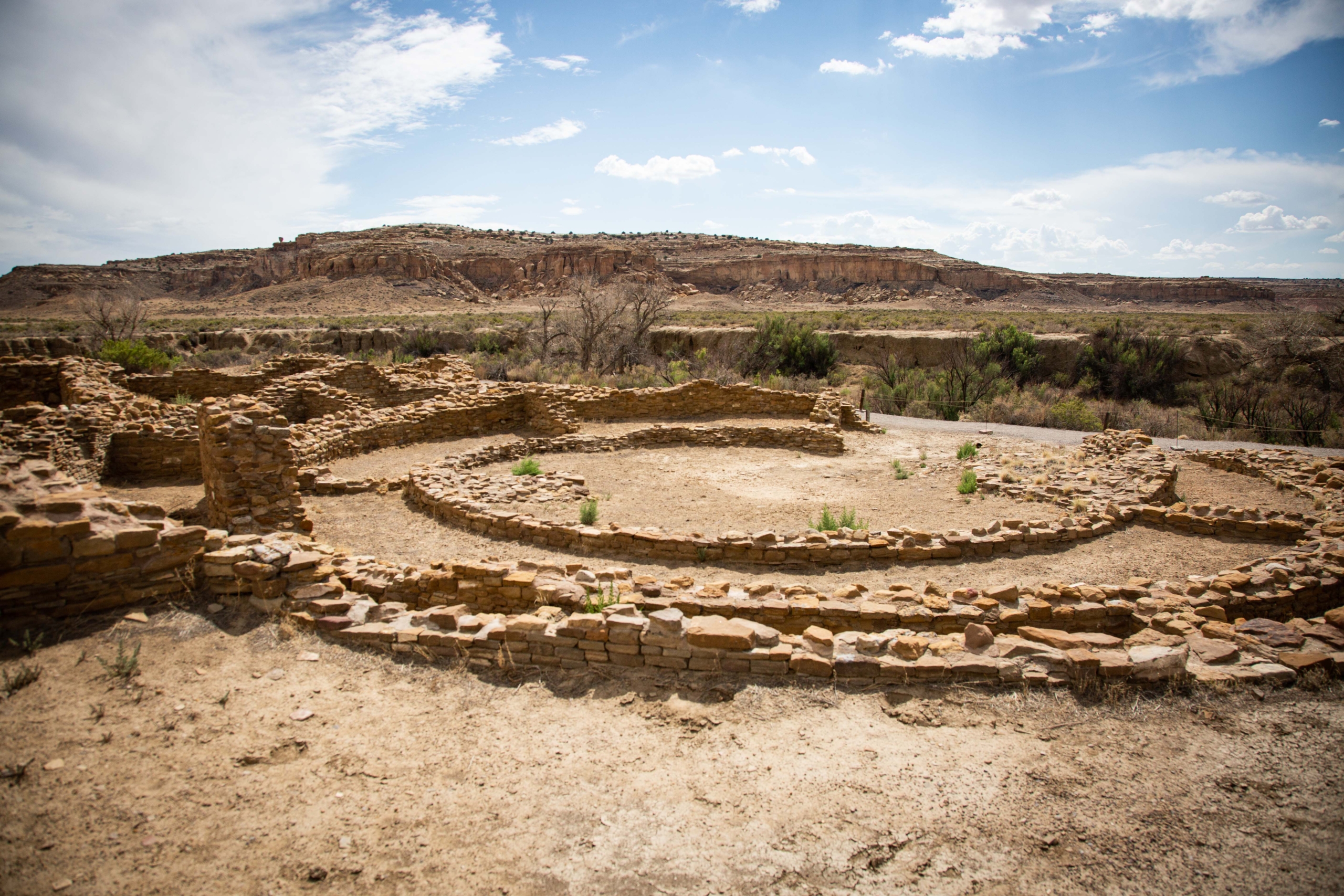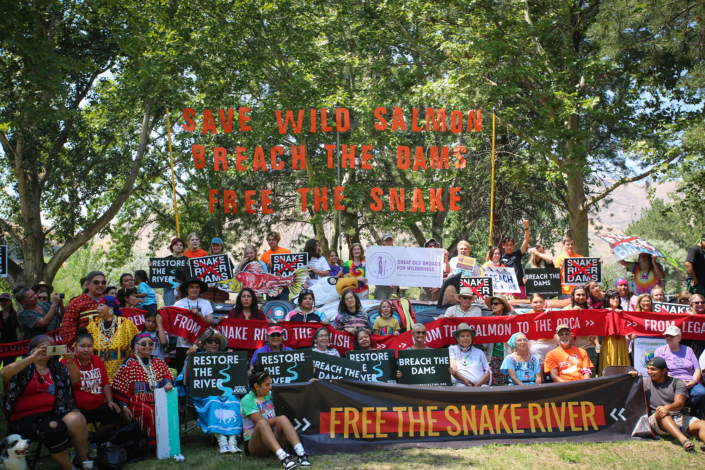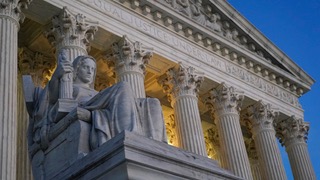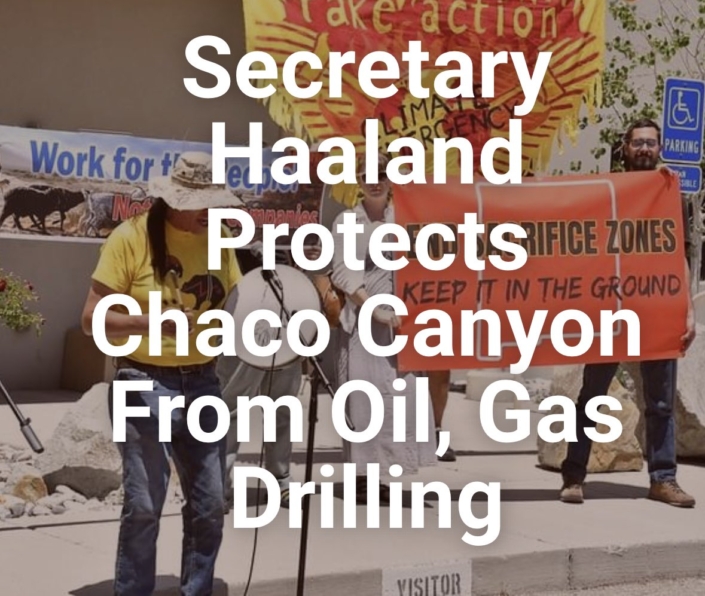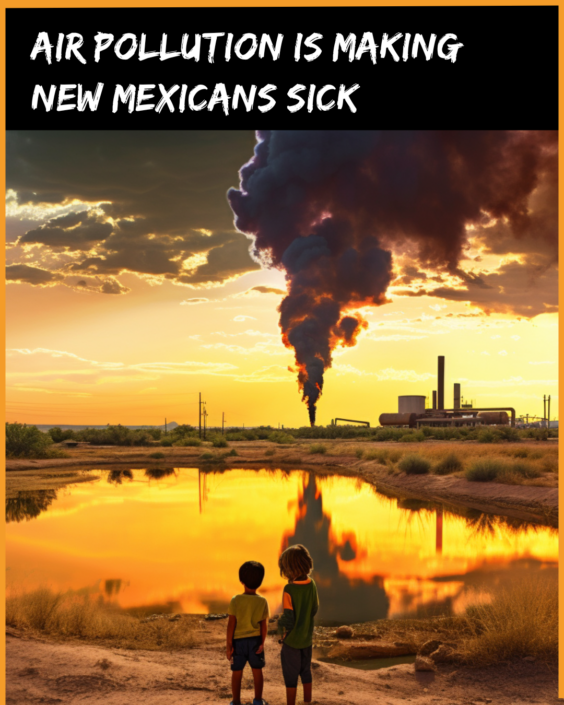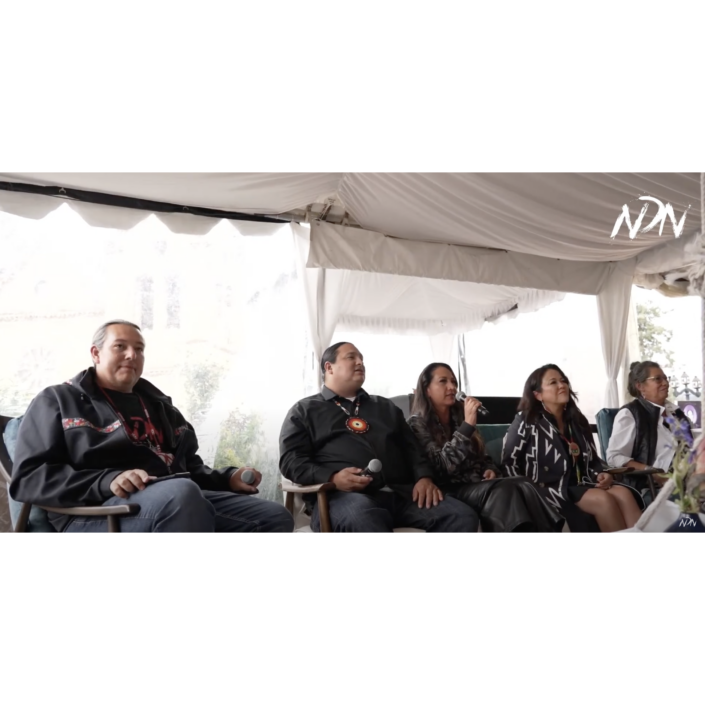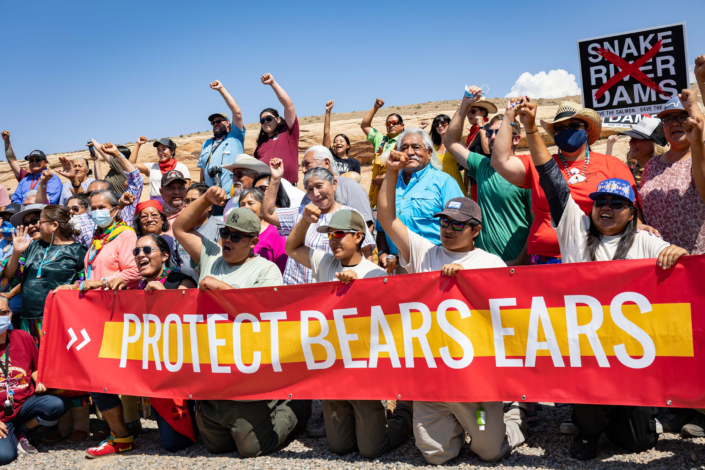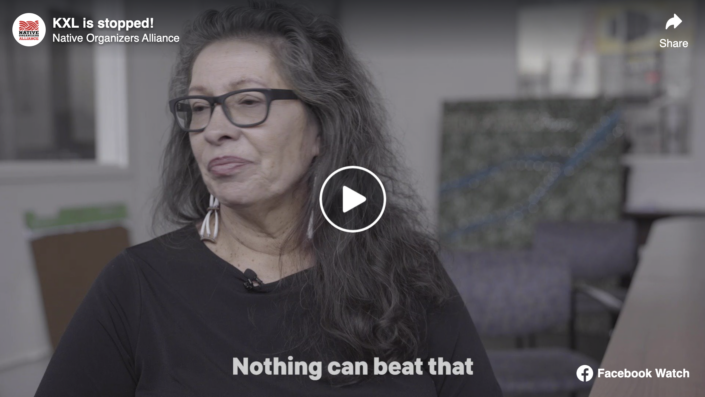Power Building
Power Building
Our theory of change is grounded in inter-tribal cultural traditions of building community. This requires relationality, harmony, and balance between the unique and intertwined leadership roles among elected tribal officials, spiritual leaders, and grassroots. NOA leadership development and advocacy are also grounded in the essential role of spiritually directed strategies that build Native political power while strengthening traditional practices & ways of living. The indigenous values for inter-connectedness and shared wisdom are at the core of our organizing.
Building Our Ecosystem
We are creating partnerships with organizations on all levels from Native grassroots to community and Tribal leaders, and elected officials on the state level and in Washington, DC. We are deepening our ties with allies and supporters from foundations that empower communities to dispel the dominant narrative of systemic racism. Together, we successfully built political power, Indigenous leadership, and advocacy, all with the intent of creating equity for all.
Voting Rights
Despite 27% have experienced barriers to voting and 95% distrust the federal government, Indigenous peoples are incredibly politically engaged with 77% participating in the last election (local, state, and/or federal).
Indian Country has a big role to play in local, state, and national elections. So much is at stake, from the climate crisis and healthcare to education and tribal sovereignty.
Native Organizers Alliance builds Native peoples’ visibility and political power at the ballot box and beyond. Through our strategic partnerships, we are able to help with voter registration, voter protection, and in-person and mail-in voting, which will be key in future elections.
Together with our network of partners and Indigenous organizers, we helped get out a record-breaking number of Native voters in key states in 2020. Let’s do it again in 2022.
Progress is possible when Indian Country goes to the poll.
Indigenizing National Parks
March 2022 marked the 150th anniversary of Yellowstone National Park. Established in 1872, it’s the first National Park in the U.S., and one of the first in the world. However, as Indigenous people, we know that the legacy of the park’s land goes far beyond 150 years. Since time immemorial, the region has been home to many Tribal Nations who still consider Yellowstone their ancestral home. The National Parks have complex and often dark histories and for many Indigenous people, they represent the loss of traditional homelands and culture.
Now is the time for a national conversation around the governance of our National Parks and public lands. We are calling on our network to help build national support around the movement for co-governance and to Indigenize the National Park System. Federal agencies should incorporate Indigenous voices in the history and future of the National Parks.
Native Organizer Fellowship
Our fellowship program is open to Native people who want to be a part of building an ecosystem of tribes and Native community groups as part of our national network. NOA provides training and an organizing toolkit for a three-month campaign, with the opportunity to continue a partnership with NOA.
Turtle Island Hoops
Native Organizers Alliance is helping to launch Turtle Island Hoops, part of the First Light Scholar-Athlete pilot program for Native American youth. The national program is focused on creating exposure, access, opportunities, and preparedness for Native students who are interested in establishing and widening their path into college athletics.

Resources Hub
Visit our Resources Hub for Indigenous knowledge sharing and tools for grassroots power building.
